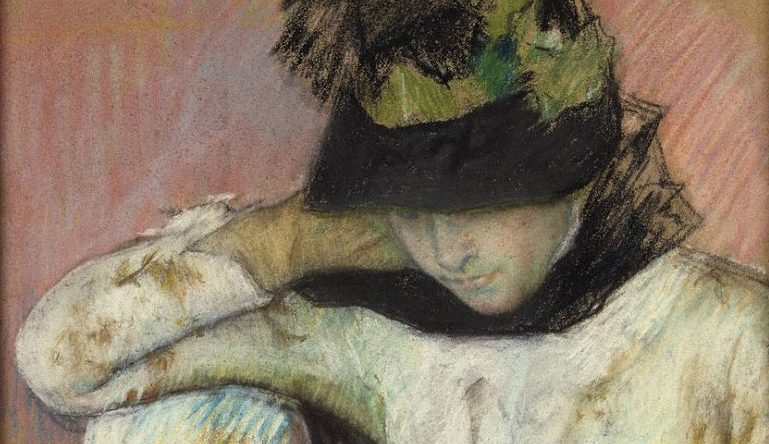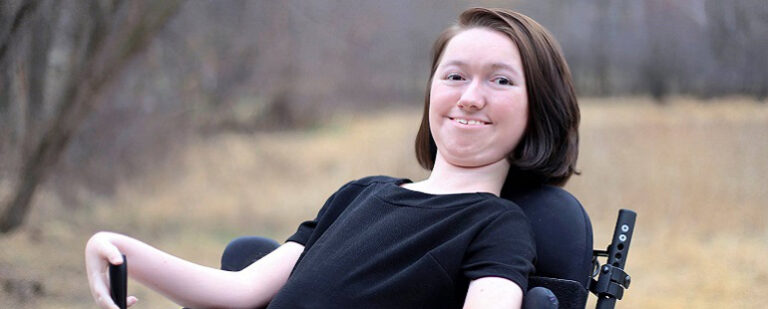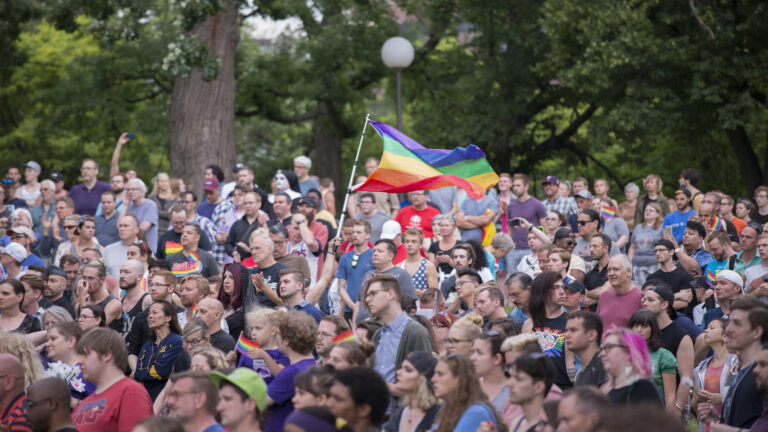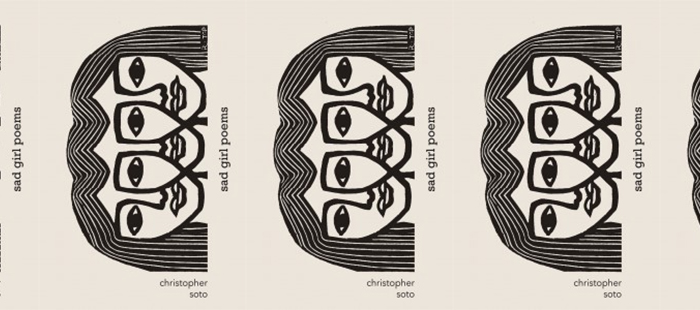The Poetics of Body Positivity
My earliest memories of the poetic representations of other cis women, like me, were highly sexualized. It seemed that women’s bodies, rather than the women, were (cis male) poets’ muses.

My earliest memories of the poetic representations of other cis women, like me, were highly sexualized. It seemed that women’s bodies, rather than the women, were (cis male) poets’ muses.

Visibility isn’t a vague term. You either see Latinx and Queer writers or you don’t. I don’t want to believe that literary conferences deliberately exclude writers, but I do believe that an oversight is made when a conference planning committee doesn’t try to represent every aspect of the literary community.

Bodies in literature always bear the first marks of difference. What isn’t recognized as “normal” (meaning, not perceived as male, cis, straight, white), always verges on the monstrous, to be rejected or feared, or at the very least cloaked in mystery.

Some part of me broke last Sunday. I kept scrolling this week through the news articles that listed the victims of the Orlando massacre, the pain in my heart growing with each name. It seems we’re being denied time and space to mourn.

This collection’s jacked up heart beats in its final piece, “Hatred of Happiness.” “Hatred of Happiness” rejects and buries practically every trope proposed by the mainstream LGBTQ movement. Gone are the banners calling for marriage equality and positive representations of gay life. Gone is the assertion that “we are just like you.”
No products in the cart.